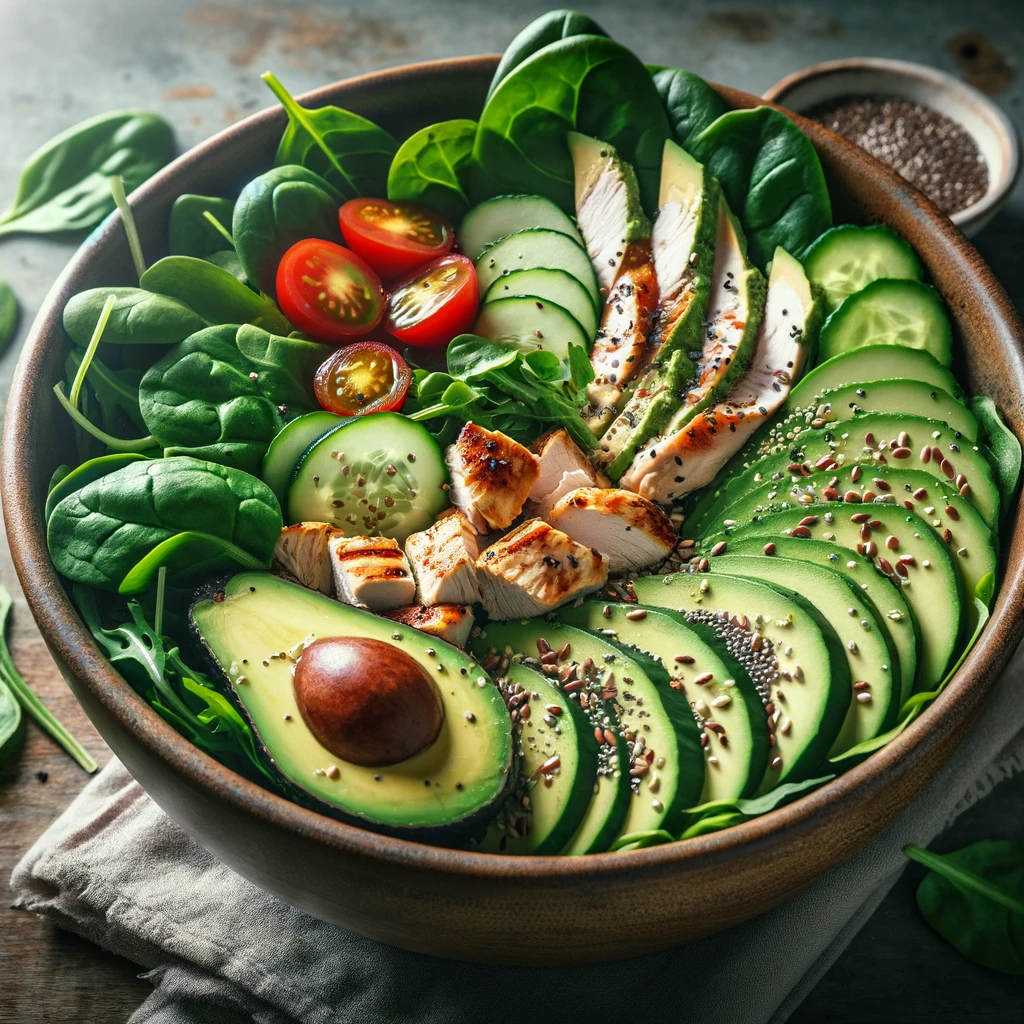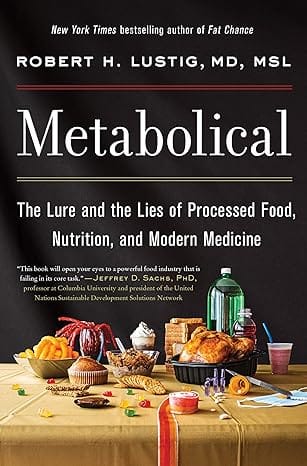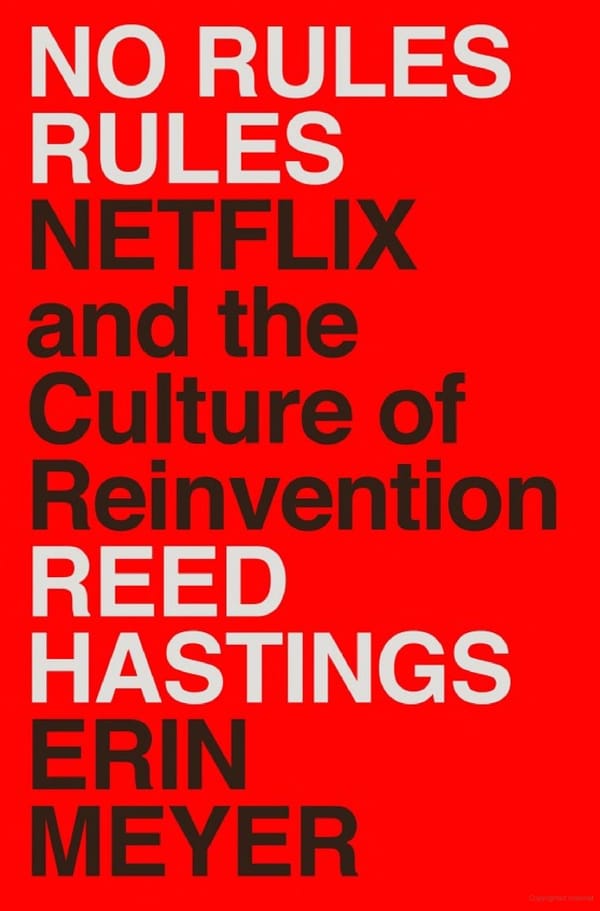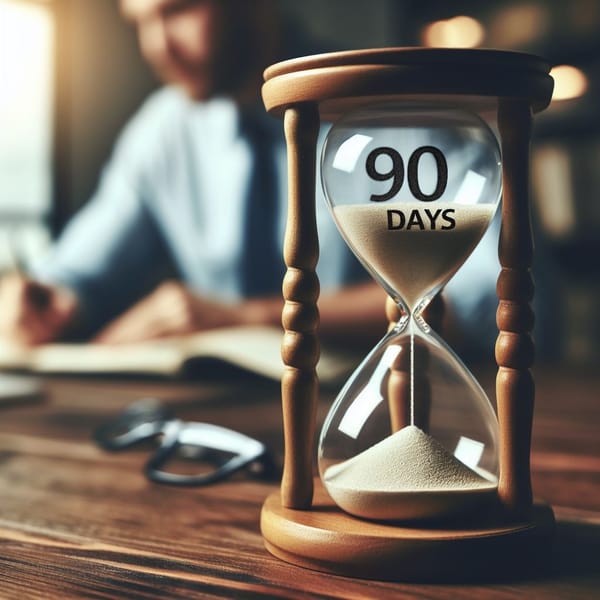A Healthy Diet?
Eating well means cutting out sugars. But it's hard and something you're wired to crave.

A recent post of mine covers what I think is the most important health book, Outlive. Here I want to share further insights on the side of diet, supported by a Huberman lab podcast episode with Dr Robert Lustig.
A big caveat here: diet advice is always imprecise (as diets are extremely hard to study). This is why we have a cottage industry of supplements, of which many are dubious. I’m also reminded of the general critique of relationship advice: it’s meaningless without knowing the specifics of your relationship. Similarly, every person’s genome, physiology and gut microbiome may make any specific piece of advice incorrect. There are still general principles that are worth understanding. With this in mind, I’ll use the words such as ‘likely’ and ‘probably’ a lot in this post.
First is that a calorie listed in a food item is not actually a calorie when digested. The biggest mitigant is how accessible those calories are. In general, highly fibrous foods are harder to extract calories from. Proteins tend to take more energy than carbs. Simple sugars likely have the highest glycemic load, with disproportionate damage coming from sugary drinks.
Sugar is likely addictive. Lustig cites the price inelasticity of sugar consumption as one piece of evidence. The other is the general incentive on behalf of food companies to add sugar to just about everything. Glucose is a key molecule for life, but fructose serves almost no nutritional advantage. There have also been studies showing that people prefer things with sugar added, even when they cannot taste it.
You’ll want to avoid spikes in the level of insulin as it can lead to a myriad of negative health effects (heart disease, insulin resistance, and other horsemen listed in Attia’s book). In order to do this, you will want to get your sleep right, walk after meals if you can, front-load calories during the day, and make sure you get enough fiber. The “food coma” is actually not healthy and you should not nap when you get it.
When evaluating fiber in nutritional labels, try for foods with a 5:1 or better carb:fiber ratio. In Lustig’s view, anything with a worse (higher) ratio likely has had fiber stripped and will not be as healthy to eat.
The conversation also talked a bit about GLP-1 Inhibitors (Ozympic, Wegovy, etc). They seem to slow the rate of gastric emptying and thus some of the weight loss seems to be losing lean muscle mass in addition to fat. Lustig mentions this process is the most similar to that of starvation–if you have a healthier way to lose weight, it seems risky to go straight to these drugs. That said, it could be helpful in some circumstances. I personally think it should be a last resort and not a first resort.
Lustig gives 2 pieces of general advice towards the end of the discussion to be healthier:
- Avoid sugars and processed food, especially liquid calories
- Get more active
I had to implement both of these in 2023. I was diagnosed with metabolic syndrome (if sustained, the expected life expectancy cost is 20 years!) earlier this year and had to make some changes to my diet and lifestyle. I ended up doing those 2 things listed above. By switching my defaults, I found I was able to cure my metabolic syndrome quite quickly. This involved replacing sugary treats with raw almonds and avocados (things that are pretty hard to over-eat). I also found that by cutting out simple sugars over the course of a few months, I also lost my “sweet tooth” and no longer have a sugar addiction.
I also tried applying the pareto principle to being more active: what is the one thing that I could change that would greatly increase my activity level? Most of my sedentary time came on days I worked from home, where I would sit for hours. I invested in a walking desk instead and now walk around 15-20 miles each day I work from home. These cardio improvements also showed up in my ability to output sustained watts (from 180 to 220, and from 45 minutes to 80 minutes) on an exercise bike that is much higher than before I made these changes. I really do feel much healthier
The last thing I will comment on is willpower. There’s a common perception that dieting, exercise, and general health take a lot of active willpower. Getting your environment right and setting up your defaults will go a long way towards your goals. Best of luck in your journey!



